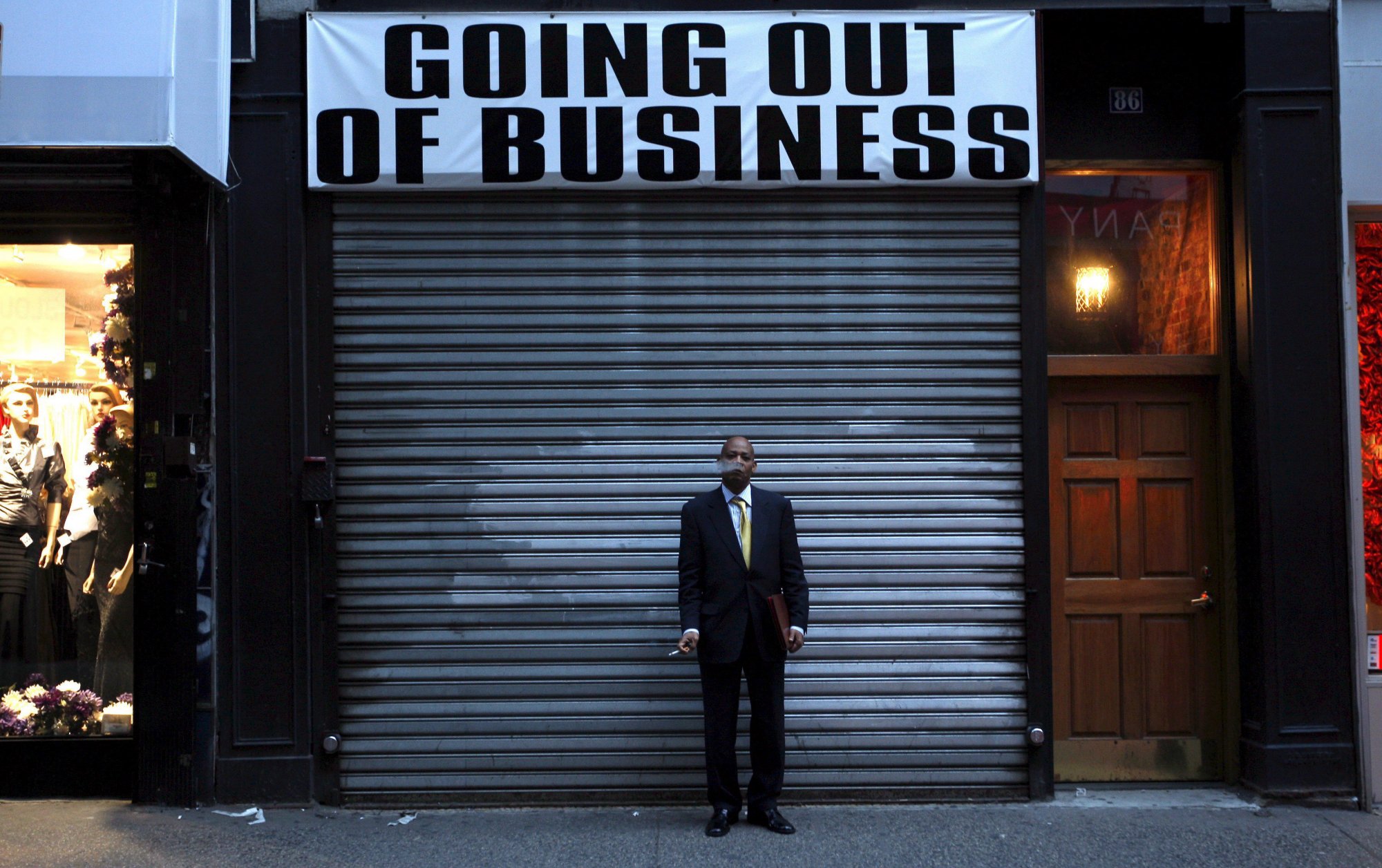
It seems that humanity is closer than ever to a new type of collapse that occurred between the two world wars and led to World War II.
The CEOs of the world’s largest companies fear that we are in the most dangerous and dangerous situation in decades at the international level.
The “deck” is dealt again
Global power relations and geopolitical aspects are changing, the “deck” is being redistributed, at least if destabilization occurs again, with the main focus at the moment being on the Middle East, but also the war in Ukraine, an active volcano that is boiling.
If world leaders do not play their cards well, the risks are clearer than ever.
JP Morgan CEO Jamie Dimon recently warned that this could be the most dangerous time the world has seen in decades.
Unemployed people in the Great Depression in interwar New York, 1935
Warnings on the international economy – fears of collapse
Growing geopolitical threats are at the heart of business decisions and are creating a climate of insecurity and uncertainty that is impacting global economic activity.
The United States is facing the fourth worst turning point in its history since the early twentieth centurySh If world leaders get it wrong, the consequences could lead to a situation similar to what happened in the 1930s, which ultimately led to the outbreak of World War II.
What multinational CEOs say
This is supported by Frederick Quimby, CEO of the Atlantic Council Research Center, and it is precisely for this reason that most CEOs of the largest companies and multinational corporations in the world today focus on this fear.
Himself, talking to CNBC Global Evolve reported that most CEOs it spoke to told it they were increasingly concerned about China, Russia and the Middle East.
As he characteristically points out, “geopolitics is invading the boardroom in a way that it has never done before in my lifetime so far.”
Growing geopolitical threats are at the heart of business decisions
A snapshot of Wall Street
Geopolitical threats and operations
According to Frederic Kempe, “Every CEO, every bank I talk to, now takes geopolitics into account in their thinking, in a way that was not the case five years ago.”
According to Kempe, this shift does not come suddenly with the outbreak of war in the Middle East between Israel and Hamas. Likewise, this has been building up over the past five years, as a series of external shocks have upended the markets’ status quo.
For Frederick Kempe, Putin’s war in Ukraine was a warning sign. In fact, most major companies have created specialist teams for geopolitical analysis and external relations management.
This is perhaps the most dangerous time the world has experienced in decades
A homeless man in the United States asks for help, 2010
External shocks
It seems reasonable for most CEOs to conclude that things could get worse. The first four years of the last decade witnessed four external shocks:
- Corona virus
- The US government’s embarrassing withdrawal from Afghanistan has weakened it globally
- Russian invasion of Ukraine
- The war in the Middle East heightens concerns about the generalization of the conflict.
In fact, the managing director of the aforementioned “research center” wonders, if something so serious only happened in the first four years of the current decade, why won’t it happen again in the next six years?
After all, the three major turning points in history were World War I, World War II, and the Cold War.
The world is so interconnected today, with the greatest technological capacity we have ever had, that evil can spread much faster than it ever did in Quimby’s time.
The role of the United States
Rather, he considers the role of the United States as an organizer of the global system to be of great importance. He explains that the isolationism followed by the American side after World War I led to the Holocaust, the killing of millions, and World War II.
But a change in the situation after World War II, as well as the creation of international organizations, such as the United Nations and NATO, normalized the situation.
At this point, he points out, the United States should be mindful of the war in Ukraine, because if it does not support the Ukrainian side sufficiently, it could be a green light for China to strike Taiwan.

“Avid problem solver. Extreme social media junkie. Beer buff. Coffee guru. Internet geek. Travel ninja.”





More Stories
“Recycling – Changing the water heater”: the possibility of paying the financing to the institution once or partially
Libya: US General Meets Haftar Amid Tensions Between Governments
New tax exemption package and incentives for business and corporate mergers..